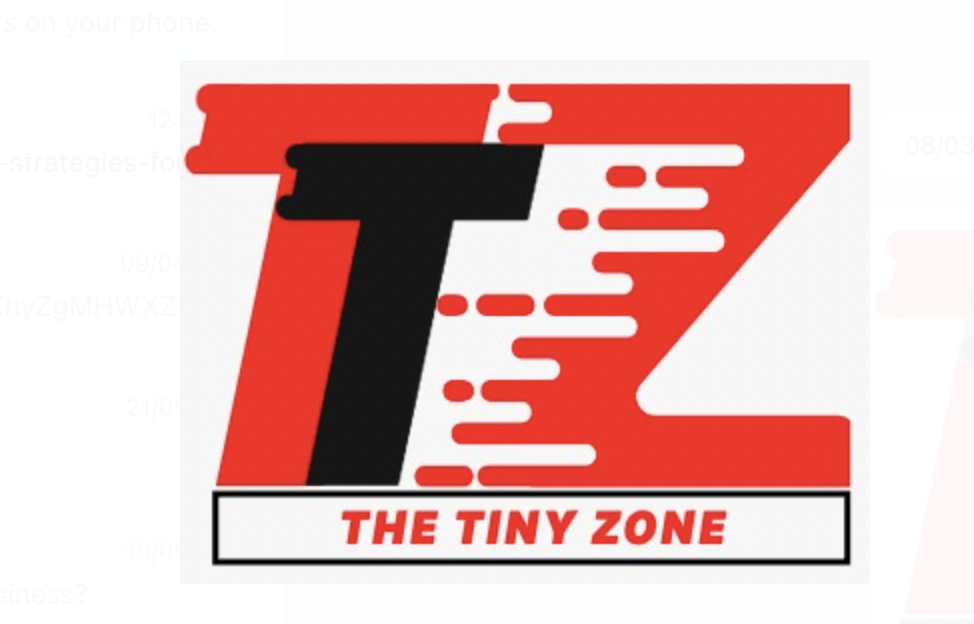In an era where digital technology pervades every aspect of our lives, it’s no surprise that it has also revolutionized the way we verify income. This article delves into the burgeoning field of digital innovations in proof of income verification, exploring how these advancements are transforming traditional methods and offering new, efficient ways to verify income.
The Evolution of Income Verification
Traditionally, verifying income was a paper-intensive process, involving physical documents like pay stubs, bank statements, and tax returns. However, this method posed challenges in terms of time, accuracy, and security. The digital revolution aims to address these challenges by leveraging technology for faster, more secure, and more accurate income verification.
Key Digital Innovations in Income Verification
Automated Income Verification Services: Services like The Work Number or InVerify automate the process of verifying an individual’s income and employment information. They provide quick, accurate verifications by accessing a large database of employer-provided data.
Online Tax Return Verification: The IRS’s Income Verification Express Service (IVES) allows lenders and others to receive tax return information quickly and electronically, with the taxpayer’s consent.
Banking APIs for Income Verification: Application Programming Interfaces (APIs) enable lenders to directly access a borrower’s bank account data (with their permission) to verify income and analyze financial health.
Blockchain for Income Verification: Blockchain technology is emerging as a promising tool in income verification, offering unparalleled security and immutability of records.
AI and Machine Learning Algorithms: These technologies are used to analyze financial documents and extract relevant income data, reducing human error and speeding up the process.
Benefits of Digital Income Verification
Increased Efficiency: Digital methods drastically reduce the time taken to verify income, making the process more efficient for both verifiers and individuals.
Enhanced Security: Digital verification often incorporates advanced security measures, protecting sensitive financial information from fraud and breaches.
Improved Accuracy: Automated systems and AI algorithms can minimize human error, ensuring a high level of accuracy in income verification.
Better User Experience: Digital verification offers a more streamlined, user-friendly process, often with the ability to verify income in real-time.
Challenges and Solutions in Digital Income Verification
Despite its benefits, digital income verification faces its own set of challenges:
Data Privacy Concerns: With increased digital data usage comes the risk of privacy breaches. Solutions include robust encryption, secure data handling practices, and obtaining explicit consent from individuals for data access.
Technology Adoption Barriers: Some organizations may resist adopting new technologies due to cost or complexity. Overcoming this requires demonstrating the long-term efficiency gains and cost savings.
Ensuring Data Accuracy: Inaccurate data inputs can lead to erroneous verifications. This is addressed by integrating checks and balances and continuous data validation processes.
Digital Innovations in Different Sectors
Banking and Finance: Financial institutions are increasingly using digital verification to assess loan eligibility, creditworthiness, and for risk assessment.
Real Estate: Landlords and property management companies utilize digital income verification for tenant screening.
Government Services: Government agencies are adopting digital means for verifying income for tax-related processes and eligibility determination for various benefits.
Future Trends in Digital Income Verification
Increased Integration of AI and Machine Learning: We can expect more sophisticated AI algorithms capable of complex financial data analysis for income verification.
Expansion of Blockchain Applications: Blockchain’s secure and transparent nature makes it ideal for income verification, and its applications in this field are likely to grow.
Greater Emphasis on Data Privacy: As digital verification becomes more prevalent, so will the focus on protecting personal financial data.
Wider Adoption Across Industries: Digital income verification will likely become a standard across various sectors beyond banking and real estate.
Tips for Individuals and Businesses in Navigating Digital Income Verification
Stay Informed: Keep abreast of the latest digital verification technologies and how they might affect you or your business.
Ensure Data Accuracy: Regularly update and maintain accurate financial records, as these will be crucial in digital verification processes.
Understand Privacy Policies: Be aware of how your financial data is used and protected when undergoing digital income verification.
Conclusion
Digital innovations in proof of income verification represent a significant leap forward from traditional methods. They offer enhanced efficiency, accuracy, and security, benefiting both individuals and organizations. As we move forward, it’s crucial to embrace these technologies, understand their implications, and utilize them to their full potential, all while being vigilant about data privacy and security. The future of income verification is digital, and it



I appreciate the work you did on this and thank you for all the wonderful stuff.stuff.